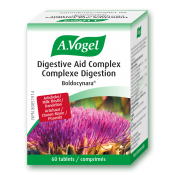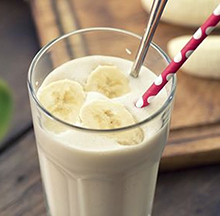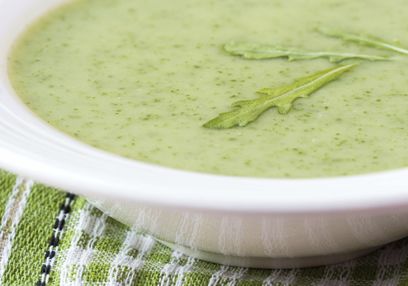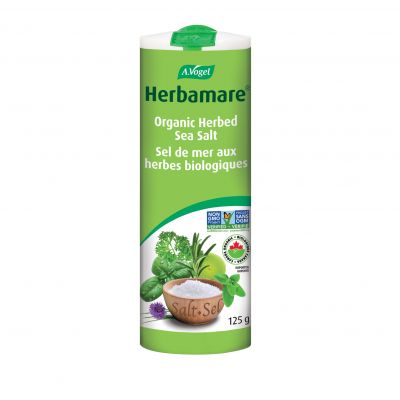It is easier to play video-games than go out for a run.
It is easier to quit smoking in the New Year than taking that first step today—well, maybe this one isn’t that easy! The point is that we all lead busy lives and we do the best we can with whatever we have, so we cut ourselves some slack. Agreed….
Unfortunately, we also have a tendency to get too comfortable in our less-than-optimal habits, and if we fast forward 10-20 years we suffer the consequences, so why not do something about it today? Our diet and lifestyle affect every single aspect of our health, but today we will focus on cholesterol.
What is cholesterol?
Cholesterol is a very important molecule in the human cells. Yes, it is a lipid (i.e.) molecule, but it severs a lot of important functions. It is the precursor to sex hormones (e.g. estrogen, progesterone, testosterone), bile (in the liver/gallbladder) and to vitamin D. It is an essential molecule that ensures the integrity of our cell walls. However, too much of a good thing comes with it consequences.
Often, when we hear the word “cholesterol”, we think heart attack. It so happens that an excess of a specific type of lipid molecule (i.e. low density lipoprotein or LDL)— also known as “bad cholesterol”—when in the presence of inflammation it damage arteries and can lead to clogs; especially on coronary (heart) arteries leading, which often lead to a cardiac event.
What are the causes?
There are at least major two ways for excess cholesterol flowing through your veins: genetically acquired (i.e. familial hypercholesterolemia), which affects about 1 in 500 people; and a less than optimal lifestyle. Some medical conditions can ultimate lead to a rise in “bad cholesterol”, and these include, but aren’t limited to liver disease and even hypothyroidism. If you are concerned about your “bad cholesterol” levels speak with your family physician or licensed naturopathic doctor.
What are the symptoms?
The symptoms associated with high cholesterol are rather significant and are often vascular in nature. Severe chest pain (i.e. angina) is often a sign that blood flow through the coronary arteries may be compromised, and can lead to a heart attack.
Similarly, cerebrovascular events (i.e. stroke) are likely, and so is the sensation of pain upon walking due to reduced blood flow by a fatty (bad cholesterol) block.
What are the 5 habits we should change or add to lower cholesterol level?
- Exercise: exercise is the single-most effective way to reduce—not only cholesterol levels, but also—the outcome of coronary events. Overweight and obese people are at a higher risk of death due to high cholesterol. Exercising (e.g. aerobic/walks) as little as 30 minutes a day can work wonders for your health!
- Quit smoking: smoking is a huge risk factor affecting your cholesterol levels. Chemicals in cigarettes reduce the levels of “good cholesterol” and increase that of “bad cholesterol”.
- Eat less: eating less processed foods (e.g. sausages, hard cheeses, baked goods) and saturated fats such those from fast food restaurants and in prepackaged bags or containers. Eating eggs and liver (though containing cholesterol) will not affect these levels. However, instead of reaching for your potato chips next time try kale chips instead!
- Eat more: eating more fibre (about 30 g a day) can help reduce “bad cholesterol” and will keep you regular. You can get enough fibre from oats, bran, nuts, beans, etc. Also, don’t forget to add a good mix of antioxidants like those found in berries.
- Drink less: a glass of wine is known to have great health benefits; however, if you’re one to indulge in little more than a glass with dinner consider cutting down. Excess alcohol consumption can also increase your levels of “bad cholesterol”.
Medically, statins are the drug of choice because they are known to reduce both cholesterol, but also improve cardiovascular events—that is, they reduce mortality. While there is insufficient evidence to support whether or not a specific natural health product can reduce such events, adhering to a healthy lifestyle will greatly improve your overall health and effectively reduce both morbidity (i.e. disease) and mortality.
If you’re not one to take pills, then consider modifying your diet and exercising more regularly (establish a routine, then build up slowly and steady–remember that it takes 30 days to create a habit!).
In the meantime, given that cholesterol is processed by your liver, it wouldn’t hurt to support its function the natural way. There are some products that can help, but we will focus on some of the best herbs known for their efficacy and safety record when it comes to liver health: milk thistle, artichoke, boldo, curcumin (anti-inflammatory) and even dandelion root.
Always check with a qualified health provider if you suffer from a stomach ulcer, liver or gallbladder conditions. If you wish to get your cholesterol levels checked speak with a physician of a licensed naturopathic doctor.







